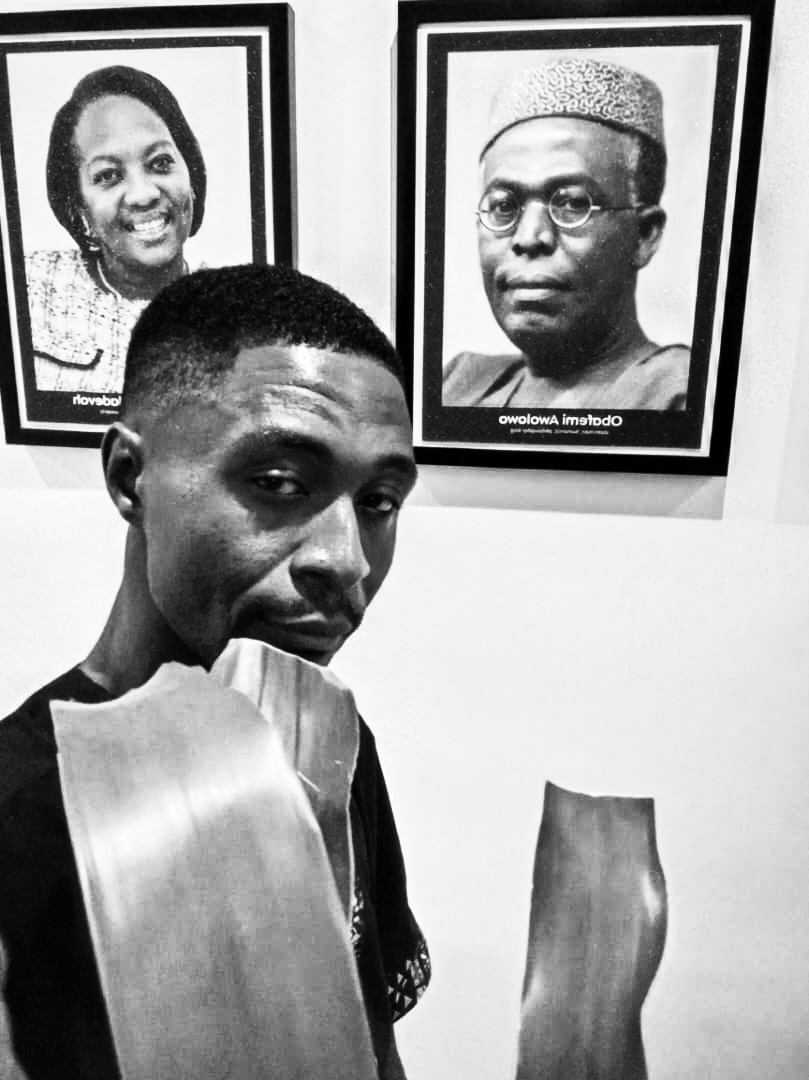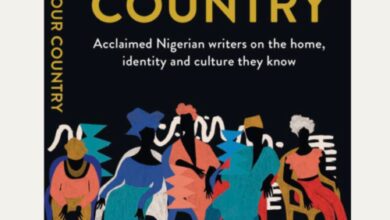Aguiyi Ironsi: The forgotten General

Aguiyi Ironsi – Nigeria, The Army, Power and Politics by Chuks Iloegbunam; Eminent Biographies (EB), Awka, Nigeria; 2019; 298pp
The Nigerian journalist and publisher, Chuks Iloegbunam, does not want Nigeria’s first Military Head of State, General JTU Aguiyi-Ironsi to be forgotten. In 1999, he published Ironside – The Biography of General Aguiyi-Ironsi, Nigeria’s First Military Head of State. The irrepressible Iloegbunam has followed up with this new volume that expands the earlier version.
General Ibrahim Babangida, the Military President of Nigeria from 1985 to 1993 and one of the Northern Nigerian soldiers who toppled Ironsi’s regime, is quoted in this new book, thusly:
“He (Ironsi) was killed for advocating for a unitary system of government in Decree No 34, ‘the unification Decree’. He meant well. In fact, the decree was promulgated for the preservation of Nigeria as an entity. Unfortunately, some Northerners interpreted it to be a means for Ndigbo, after the January 15, 1966 revolution, to further take over the entire affairs of the nation. General Aguiyi-Ironsi was a man who saw tomorrow; he wanted Nigeria united in accordance with the military command tradition and it was probably never intended to facilitate any form of domination. Interestingly, even today, we are still struggling to remain united as one.”
The divisions in the Nigerian military were such that Northern Nigerian soldiers had planned to stage a bloody coup tagged “Operation No Mercy” on January 17, 1966, only to be upstaged by the January 15, 1966 revolution. Ironsi led the charge of quelling the January 15 coup though some Northern officers assert that he was somewhat part of the plot.
When the rump of the civilian regime as represented by the then President of the Senate and Acting President, Dr. Abyssinia Akweke Nwafor-Orizu, ceded power to the soldiers led by Ironsi, there were frayed nerves all over the country. Ironsi’s response, following the advice of top civil servants like Chief Simeon Adebo, was the enactment of the Unification Decree, and the touring of the four regions of the country to preach peace. It was at the Western Region wing of the tour that Ironsi was arrested in the company of his host, Col. Adekunle Fajuyi, by a junior officer whom he had included on the tour, to wit, Theophilus Yakubu Danjuma.
The torture and killing of Ironsi and Fajuyi make for heart-rending reading, but Danjuma claims he lost command only for the irate soldiers to lynch Ironsi and his host Fajuyi. Remarkably, Danjuma dismisses Ironsi as an “absolutely useless desk-clerk Head of State”. Against Danjuma’s dismissal of the slain Supreme Commander, here are Chukwuemeka Odumegwu-Ojukwu’s words on Ironsi: “In a military career studded with firsts – first Captain, first Major, first ADC to the Governor-General of Nigeria, first Equerry to the Queen, first Lieutenant Colonel, first Battalion Commander, first Brigadier, first psc, first IDC, first Military Attache to a Nigeria Diplomatic Mission, first Nigerian Commander to a UN Battalion, first Major-General – General Ironsi commanded the United Nations Force in the Congo with such distinction that he was awarded international honours by countries grateful for his superb command of their troops during the emergency.”
Iloegbunam includes in Ironsi – Nigeria, The Army, Power and Politics excerpts of the 279-page, 14-chapter “Report of the Justice G.C.M Onyiuke Tribunal: Massacre of Ndigbo in 1966.” Given the divisions in present-day Nigeria, Iloegbunam depicts Ironsi as “The Last Nigerian”.
Uzor Maxim Uzoatu is a renowned poet, journalist, and author.

Ayodelé is a Lagos-based journalist and the Content and Editorial Coordinator at Meiza. All around the megacity, I am steering diverse lifestyle magazine audiences with ingenious hacks and insights that spur fast, informed decisions in their busy lives.


![Author Adaeze Atuegwu's Bina Series had a part to play in birthing the Bina Foundation for People with Special Needs. [Instagram - adaeze.atuegwu]](http://meiza.ng/wp-content/uploads/2024/02/Author-Adaeze-Atuegwus-Bina-Series-had-a-part-to-play-in-birthing-the-Bina-Foundation-for-People-with-Special-Needs.-Instagram-adaeze.atuegwu-e1708967146635-390x220.jpg)



